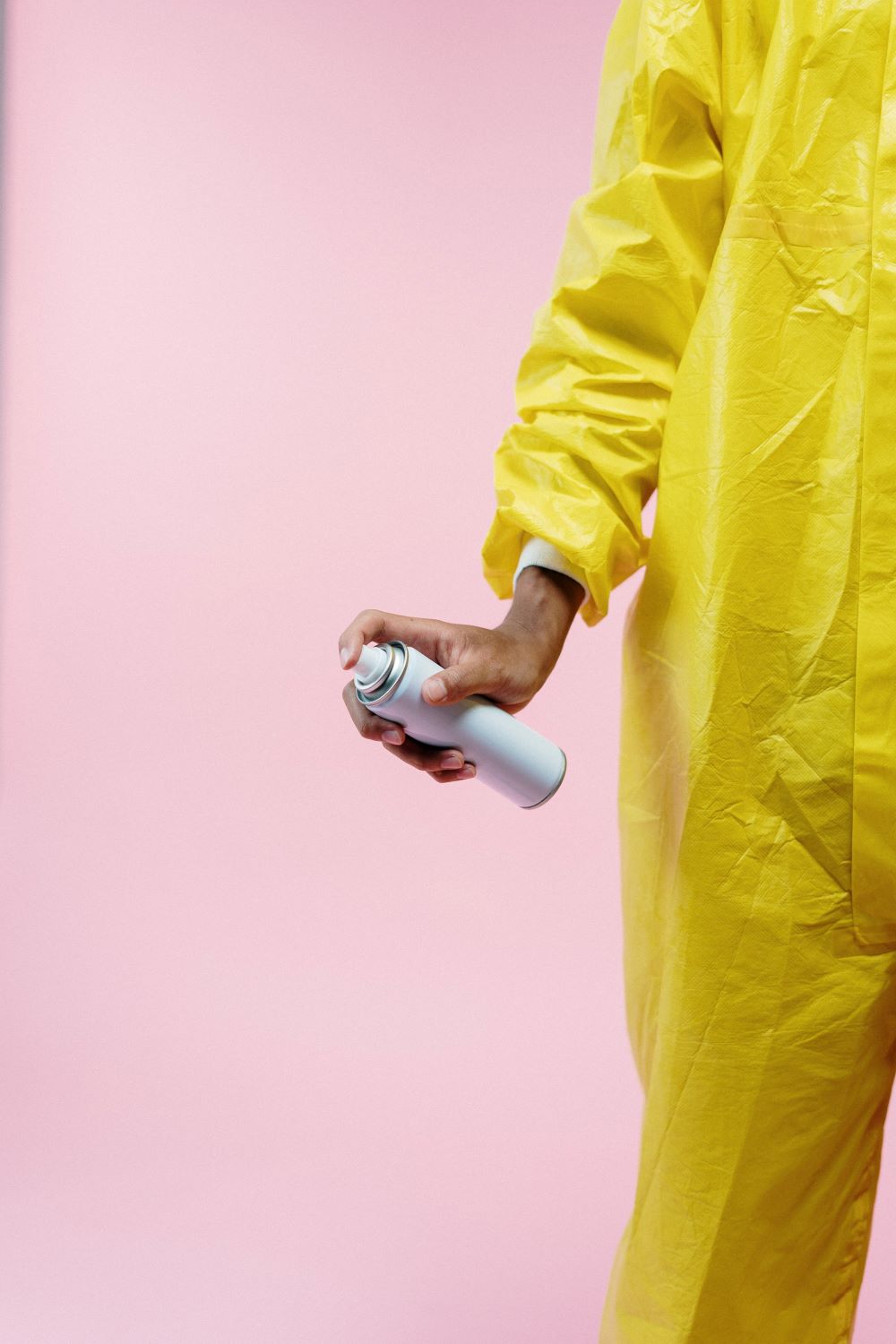Aerosol regulations need to be more strictly enforced, advocates say.
On November 5, 2022, rapper and music icon Aaron Carter was found accidentally drowned in his own bathtub. The Los Angeles County medical examiner eventually ruled that Carter’s downing was caused, in part, by the inhaling of difluoroethane, a gas found in compressed aerosol cleaners. Inhalants like difluoroethane have the potential to induce a euphoric state in users, but oftentimes results in loss of consciousness, as well as other more severe forms of organ failure including that of the heart, lungs, kidneys, and brain. That being said, it is an extremely popular drug among young people, as it is easily obtained (found in most electronic aerosol cleaners) and undetectable on most drug screens. Despite its recorded dangers though, there has been federal resistance against efforts to regulate the sale and production of difluoroethane.
Even with an outcry from advocates against abuse of inhalants after Carter’s death, there has been little headway made on the federal level. In a 2023 article, NBC highlights these federal shortcomings and the frustrations of the advocacy organization, Families United Against Inhalant Abuse (FUAIA) in the face of governmental pushback. The FUAIA and other similar organizations have proposed that federal regulations require difluoroethane manufacturers to put strong “warning” language on the cans, and to mandate that all products containing difluoroethane be made bitter and pungent, making them too unpleasant to inhale. Despite these seemingly simple fixes, those in control of regulations have expressed reservations and skepticism surrounding the effectiveness of these prevention methods.

That being said, the reservations of the federal government do very little to impact those who abuse inhalants. In fact, from 2006 to 2020, there were nearly 1,133 reported cases of aerosol huffing. Of these cases, only seven people survived. These statistics do not count for those whose deaths went unreported or were attributed elsewhere despite being difluoroethane-related. While many states have laws against inhalant abuse, advocates would argue that these laws do not do enough to combat this issue that affects people of all walks of life.
The death of Aaron Carter hit the music community hard. For many the tragic loss of an icon is jarringly humanizing and can bring up complicated feelings. That being said, Aaron Carter is hardly unique in his struggle with substance use, or his accidental death. In fact, it is because of her son’s death from inhalant use that FUAIA board president, Claudia Dimit first started the organization. She contends that inhalant abuse has been an ongoing issue for more than 50 years now with little progress to deter it. Legislation may not always be the answer either. In the last few decades, the laws surrounding drug use have gotten increasingly more strict, and yet for the most part, drug use is at an all time high.
Whether it be education, social programs, school initiatives, or some other preventative measure not yet designed, it is evident that change does need to happen when it comes to drug use and especially to the abuse of difluoroethane. The legacy of Aaron Carter should be one not just of musical brilliance, but also one that serves as a solemn warning to us all.
Sources:
How Did Aaron Carter Die? His Cause of Death Was Revealed By The Coroner
Inhaling Difluoroethane Computer Cleaner Resulting in Acute Kidney Injury and Chronic Kidney Disease


Join the conversation!